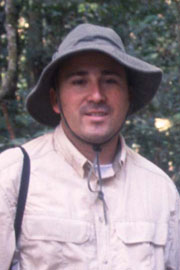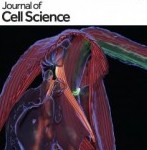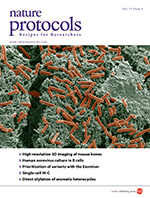
Plant scientist Jorge Vivanco has earned his seventh retraction, after an investigation found data from soil samples were “intentionally fabricated by a third party.”
Vivanco and his former postdoc Harsh Bais made a name for themselves by discovering the secret behind a nasty invasive plant: It secretes a harmful form of catechin, which kills everything around it, suggesting it could serve as a new herbicide. The findings earned the researchers a story in the New York Times.
In the newly retracted paper, published in 2005, first author Laura Perry — then a postdoc at Colorado State University — further explored the role of the plant-killer, working with Vivanco as the last author. However, when a team working in the building next door had trouble finding catechin in their samples, Perry took another look, and concluded that her samples had been tampered with.
In other words, Perry told us: Continue reading Sample tampering leads to plant scientist’s 7th retraction








